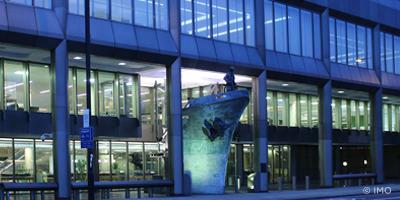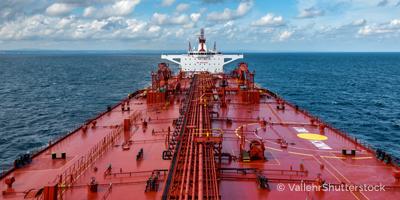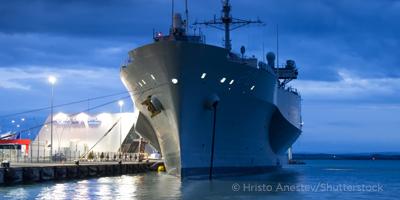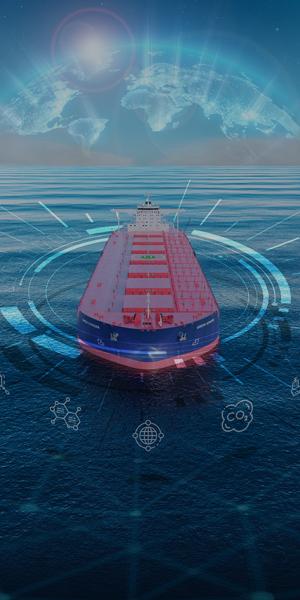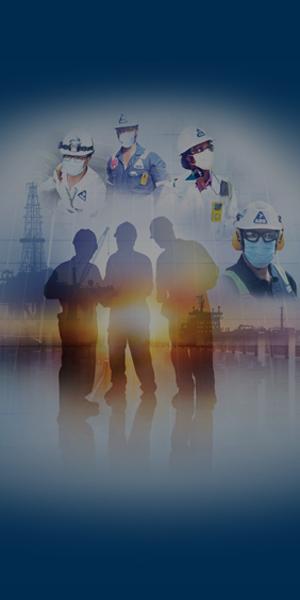Quick Links
- Rules and Resources
-
Services
Quick Links
Sustainability and Decarbonization- Energy Efficiency Existing Ship Index (EEXI)
- Sustainability Reporting and Assurance
- Simulation-based Energy Efficiency Evaluation Service (SIM EEE)
- Greenhouse Gas (GHG) Rating Improvement
- Greenhouse Gas Inventory and Carbon Accounting
- Carbon Capture, Utilization, and Storage (CCUS)
- Alternative Fuel Options
- Alternative Power Sources
- Marine Sustainability
- Offshore Sustainability
- Green Shipping Corridors
- Methanol Value Chain
- Gas
- Carbon Intensity Indicator (CII)
- Ammonia Value Chain
- Carbon Diligence Platform
- Marine Sustainability
-
Innovation and Technology
Quick Links
-
News and Events
Quick Links
-
About
Quick Links
- Rules and Resources
- Services
- Innovation and Technology
- News and Events
- About Us and Careers
- Rules and Resources
- Rules and Guides
- Regulatory Updates
- Advisories and Debriefs
- Flag and Port State
- Engineering Software
- Engineering Reviews
- ABS MyFreedom™ Portal
- Databases
- Forms
- Services
- Classification
- Approval and Certification
- Company and Ship Audits
- Global Marine
- Global Offshore
- Global Offshore Wind
- Global Government
- Sustainability and Decarbonization
- Digital Solutions
- Cybersecurity
- Maritime Training
- Innovation and Technology
- Technology Advancement
- Academic Engagement
- Industry Partnerships
- Data and Digitalization
- Knowledge Center
- About Us and Careers
- Who We Are
- Safety
- Careers
- Contact Us
Enhanced Software Facilitates IACS Compliance
(Houston) Common Structural Rules Software LLC, a joint venture company formed by ABS and Lloyd’s Register (LR), has released a software upgrade that simplifies compliance with current and pending IACS Common Structural Rules (CSR).
“As requirements change, it is imperative for classification organizations to provide services and solutions that keep pace,” says ABS Chairman, President and CEO Christopher J. Wiernicki. “By updating this software, we ensure our tools are effective and provide the most help to end users.”
Improvements to this leading software facilitate compliance to existing and future IACS Common Structural Rules, providing users with an easy way to evaluate designs. Developed from the technical strengths of LR and ABS, version 2.5 of the CSR Prescriptive Analysis and CSR Finite Element (FE) Analysis software allow assessment of whole vessel structures – including new bulk carrier and oil tanker designs – using compliance information for the current CSR, which entered into force on July 1, 2015, as well as for the rule changes that come into force on July 1, 2017. Both class organizations will use these tools to evaluate new designs against the CSR.
The updated CSR Prescriptive Analysis software requires only that the user input the appropriate data. All of the outputs are clear, straightforward and easy to read. A summary report provides required and offered scantlings with graphic representation of any deficiencies. An intermediate report summarizes dominant criteria for each structure and a detailed report provides data for every parameter value. In conjunction with CSR FE Analysis, this complete tool makes verifying compliance with CSR possible with minimal effort.
The software, which was licensed to nearly 500 users prior to the production release, is now being employed by nearly 1,000 users. Regular updates for additional structural coverage and functionality will address ongoing CSR changes.
LR Marine and Offshore Director Nick Brown echoes ABS’ views. “The Common Structural Rules provide the only industry route to compliance with IMO’s Goal-Based Standards for tanker and bulk carrier structures,” he says. “By working together, LR and ABS have provided fully up-to-date straightforward and accessible tools for the whole industry to use when applying CSR.”
Detailed information on structural areas and functionality covered by this release can be found in the Release Notes and User Guide bundled with the software installation. The updated CSR Prescriptive Analysis and CSR FE Analysis is available for download from the Common Structural Rules Software LLC website at www.commonstructuralrulessoftware.com.
About ABS
Founded in 1862, ABS is a leading international classification organization devoted to promoting the security of life and property and preserving the natural environment through the development and verification of standards for the design, construction and operational maintenance of marine and offshore assets.
About Lloyd’s Register
Lloyd’s Register (LR) is a global engineering, technical and business services organisation wholly owned by the Lloyd’s Register Foundation, a UK charity dedicated to research and education in science and engineering. Founded in 1760 as a marine classification society, LR now operates across many industry sectors, with over 8,000 employees in 78 countries.
LR has a long-standing reputation for integrity, impartiality and technical excellence. Our compliance, risk and technical consultancy services give clients confidence that their assets and businesses are safe, sustainable and dependable. Through our global technology centres and research network, LR is at the forefront of understanding the application of new science and technology to future-proof our clients’ businesses.
About Common Structural Rules Software LLC (CSRS)
Common Structural Rules Software LLC (CSRS), a joint venture company established in 2011 by ABS and LR, provides industry with a validated and verified suite of software tools for CSR that meets industry concerns regarding the possibility of different interpretations of the CSR requirements.
© 2023 American Bureau of Shipping. All rights reserved.





